How Giulio Base’s Bold Leap from Theater to Film Could Revolutionize the Way We Experience Cinema—And You Won’t Believe What He’s Done Next!
Ever wonder what it takes to be a true renaissance soul in the realm of modern cinema? Giulio Base, hailing from the vibrant city of Turin, Italy, might just be the answer you’ve been looking for. This isn’t just another story of a filmmaker; it’s a fascinating journey of a man who began life with humble popcorn vendor roots and blossomed into one of the most versatile, intellectually charged creators in contemporary Italian film. What caught my eye—beyond his undeniable talent—is how seamlessly he weaves philosophy, theology, and raw artistic passion into his storytelling. It’s like watching a Netflix binge where every frame makes you think deeper and feel more intensely. And if you thought directing, acting, and producing were hard to juggle, try doing all of that while also being a Mensa member and an academic powerhouse—Giulio’s brain must be doing some serious heavy lifting! Ready to dive into the life and work of a filmmaker who’s redefining what it means to be a cinematic polymath? Trust me, this is a story that challenges you to rethink art, faith, and intellect all at once. LEARN MORE.
Giulio Base, originally from Turin, Italy, has emerged as one of the most versatile and intellectually driven figures in contemporary Italian cinema.
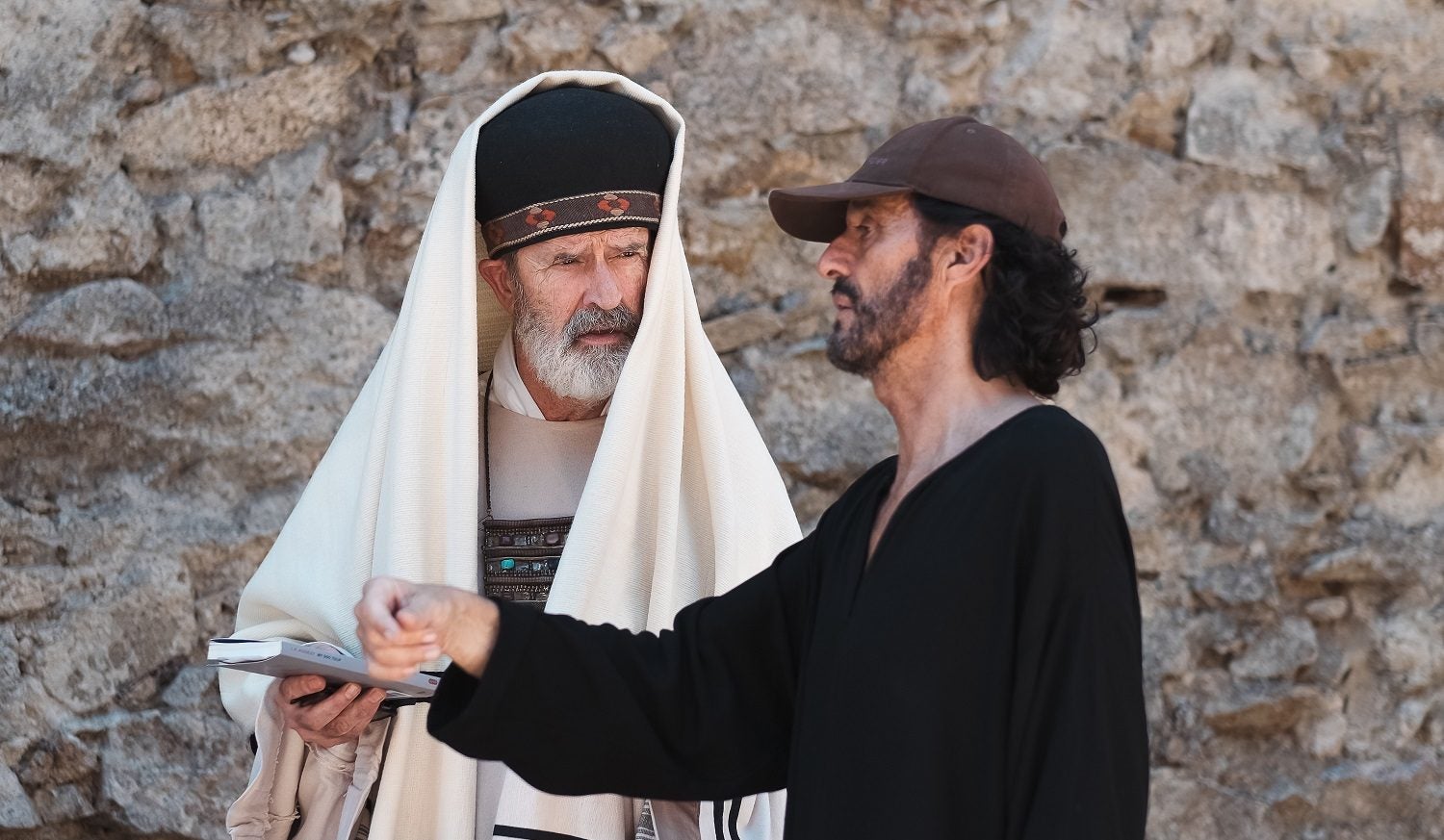
From his early days as a passionate theatre enthusiast to his current stature as a celebrated director, screenwriter, actor, and producer, Base’s journey is as dynamic as it is inspiring. Growing up in a modest background—his father worked as a popcorn vendor—Base was introduced to the world of performing arts at a young age. By 15, he had already taken to the stage at Turin’s Teatro Nuovo. His raw talent and ambition soon led him to Florence, where he studied under the legendary actor and director Vittorio Gassman, who not only mentored him but also cast him in The Mysteries of St. Petersburg. This marked the beginning of Base’s professional theatrical career. He was the Jury President of ‘Venice Classic” Section during the Venice Film Festival.
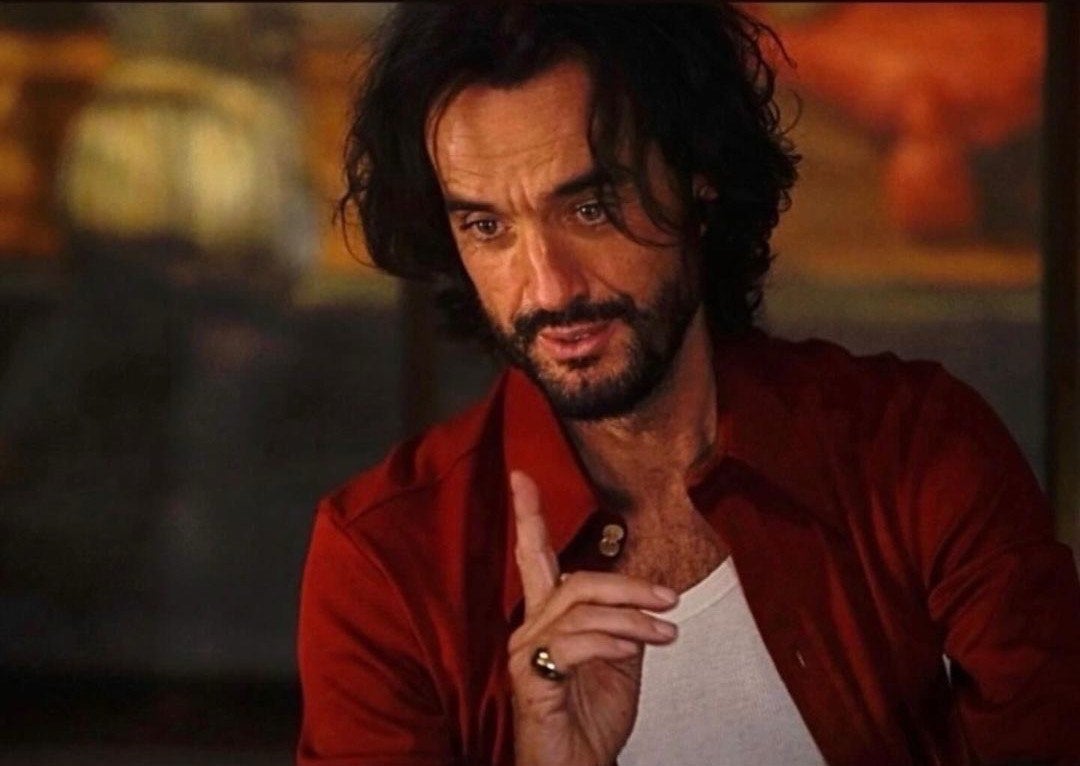
Base established himself as a capable film actor with roles in prominent Italian productions like Il portaborse (The Yes Man), Caro diario (Dear Diary), Il macellaio, and La lingua del santo. However, his true breakthrough came when he transitioned behind the camera. His directorial debut, Crack , adapted from his stage play, premiered at the Venice Film Festival and earned international acclaim, winning Best First Opera at the San Sebastián International Film Festival. This recognition positioned him as a formidable director with a unique cinematic voice. He followed up with the loosely connected road movies The East and The West , the latter of which won a Special Jury Award at Annecy, further proving his storytelling finesse.
Base’s repertoire continued to expand with the critically acclaimed crime drama Policemen , which secured the Best Film award at the Festival of the Film Policier in Arcachon. He directed La Bomba – Once Upon a Time in Little Italy, a mafia-themed comedy filmed in New York and featuring Shelley Winters. Moving into the 2000s, he ventured into television and focused on religious biopics. His work in Padre Pio: Between Heaven and Earth and Maria Goretti displayed his ability to handle spiritual and moral themes with sensitivity and depth. His academic background informs these themes; Base holds degrees in Literature, Philosophy, and Theology, and has been a member of Mensa International.
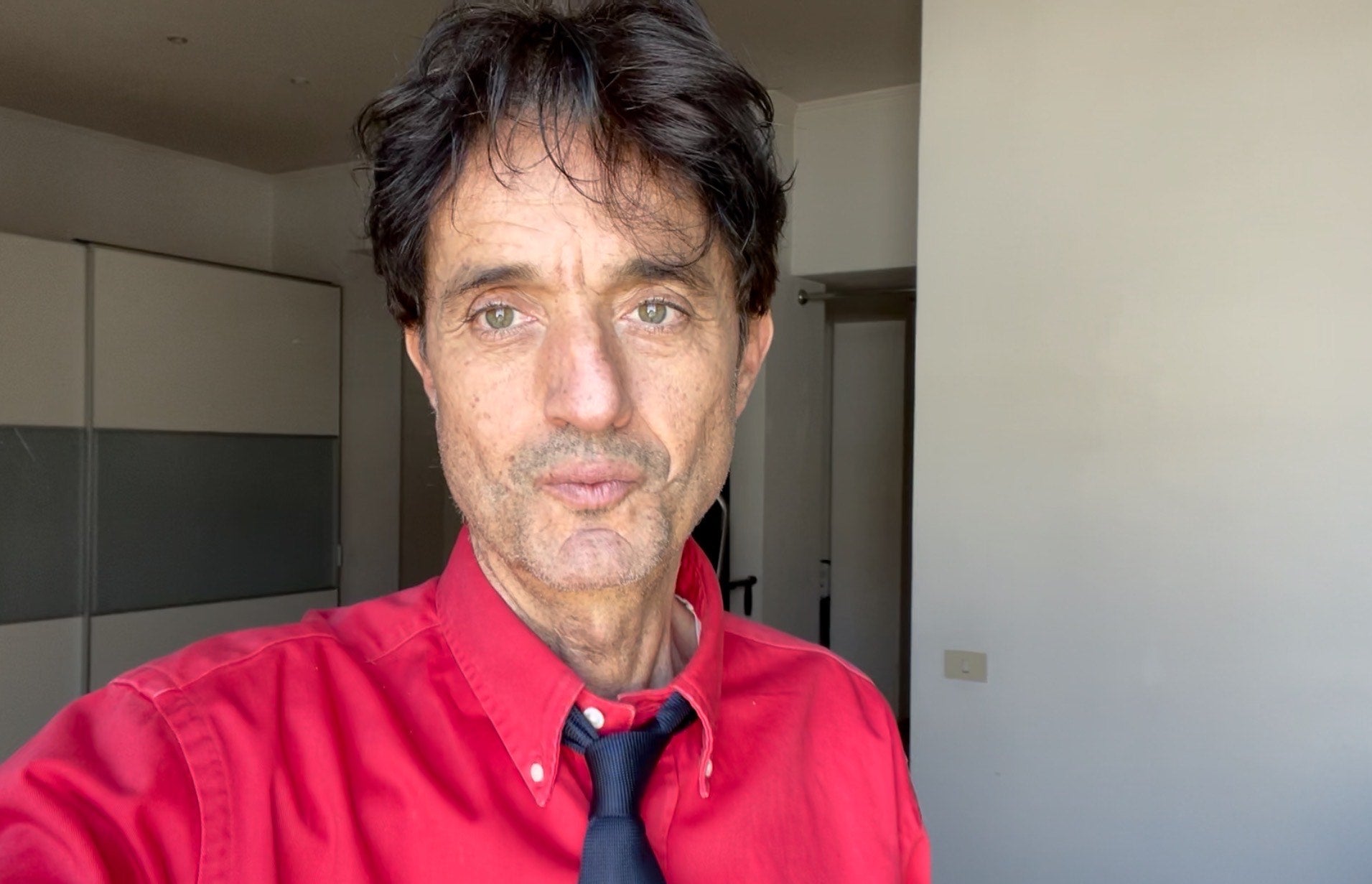
His theological interest further influenced large-scale television projects like Imperium: Saint Peter starring Omar Sharif, and The Inquiry, which boasted an international cast including Max von Sydow and F. Murray Abraham. The film was distributed globally by major companies like 20th Century Fox and Sony. He continued to direct epics like Imperium: Pompeii and the western comedy Doc West, starring Terence Hill and Paul Sorvino, which was screened at the Cannes film market. Subsequent projects like A Dog for Two and The Sunday Woman showcased his continued engagement with television and adaptation work.
Base directed Bar Giuseppe, a modern retelling of the nativity set in southern Italy that tackled contemporary social issues like immigration, love across cultural boundaries, and societal prejudice.The film was both touching and politically relevant, underscoring his growth as a socially conscious storyteller. His influence reached new heights when he was appointed artistic director of the prestigious Torino Film Festival. Under his leadership, the festival has embraced a broader range of bold, research-driven, and international cinema.
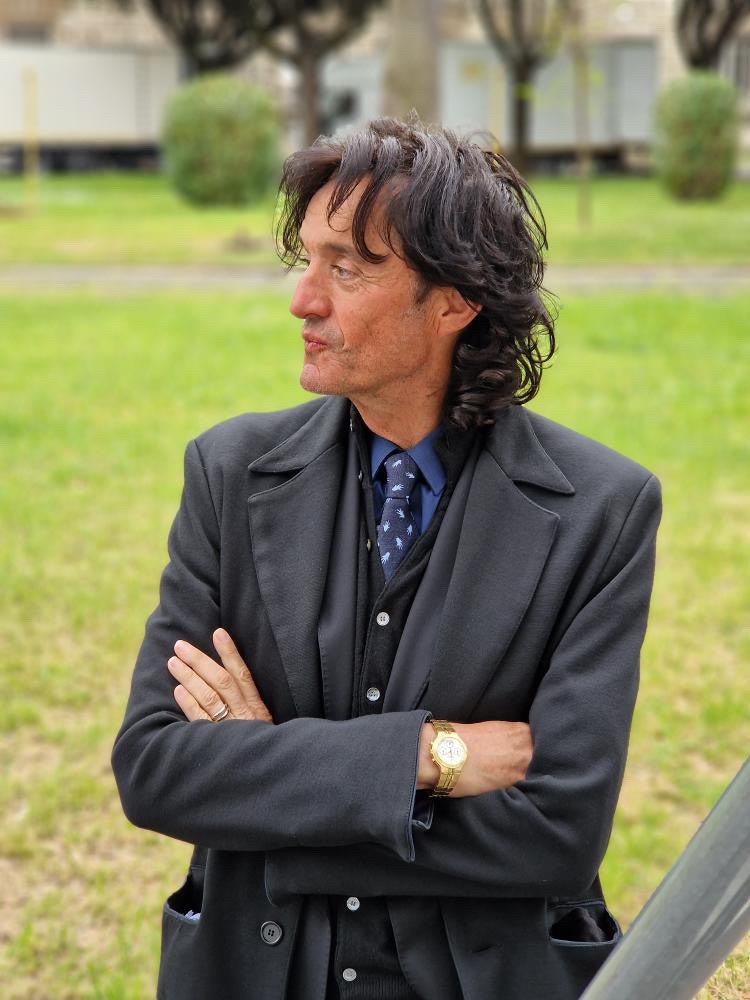
Base released two new major works. Albatross, a biographical drama on the war reporter Almerigo Grilz, was released in Italian cinemas to critical interest. Meanwhile, Judas’ Gospel (Il Vangelo di Giuda) premiered out of competition at the 78th Locarno Film Festival. Featuring an ensemble cast including Giancarlo Giannini, Rupert Everett, Paz Vega, and Abel Ferrara, the film explores theological questions of free will, betrayal, and redemption through the lens of Judas Iscariot. These films mark a continuation of his exploration of complex moral and historical narratives.
Giulio Base remains not only a talented filmmaker but also a scholar and cinephile. He regularly watches and critiques films, drawing inspiration from the tradition of French film criticism. He credits much of his philosophical and creative development to Vittorio Gassman, whose influence still resonates in his approach to storytelling. Today, Base stands as a rare cinematic polymath—blending academic insight, artistic passion, and a commitment to telling stories that challenge and enlighten. His body of work continues to reflect the intersection of intellect, faith, and artistry, making him a unique and enduring force in European and global cinema.
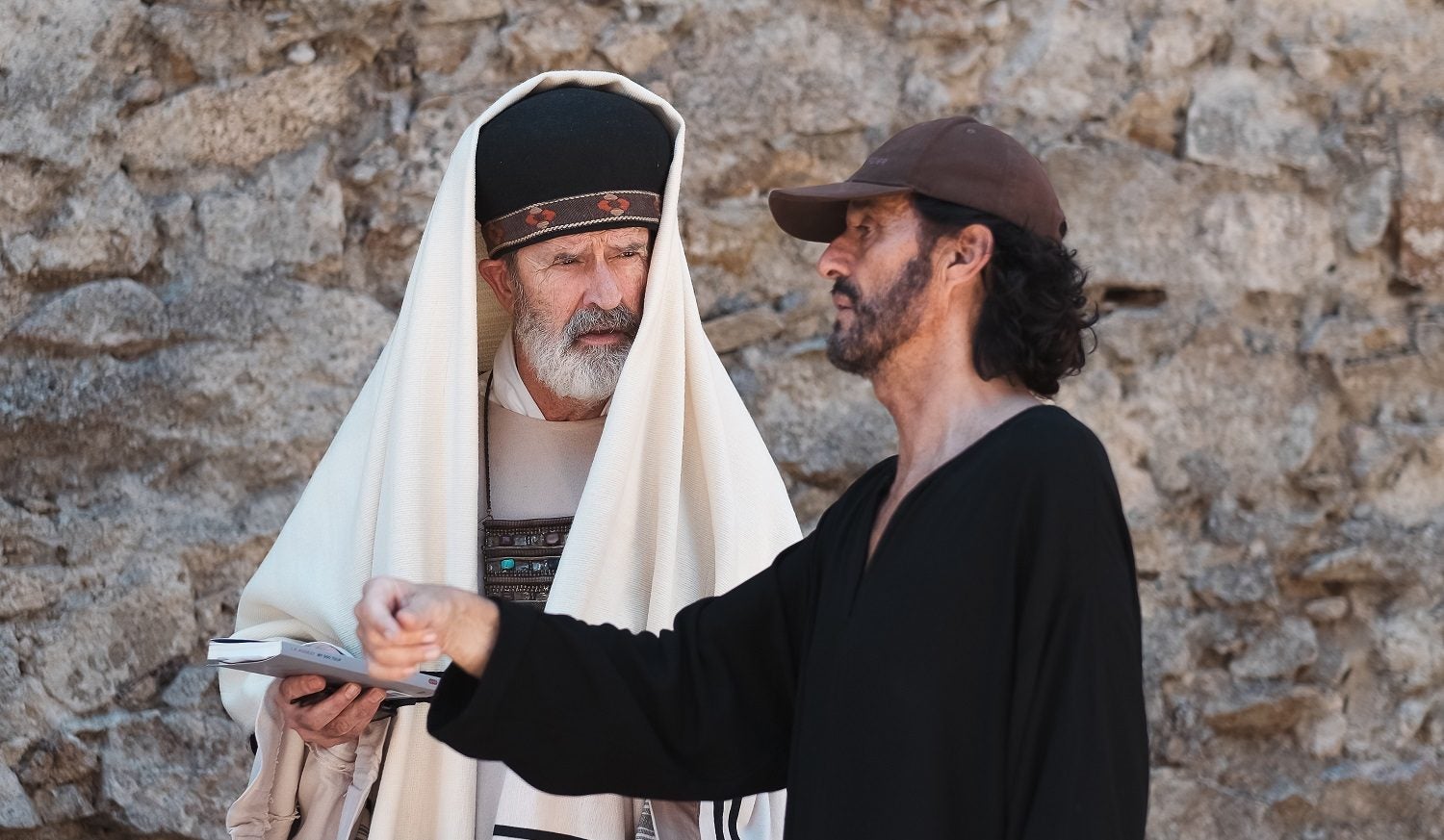



















Post Comment